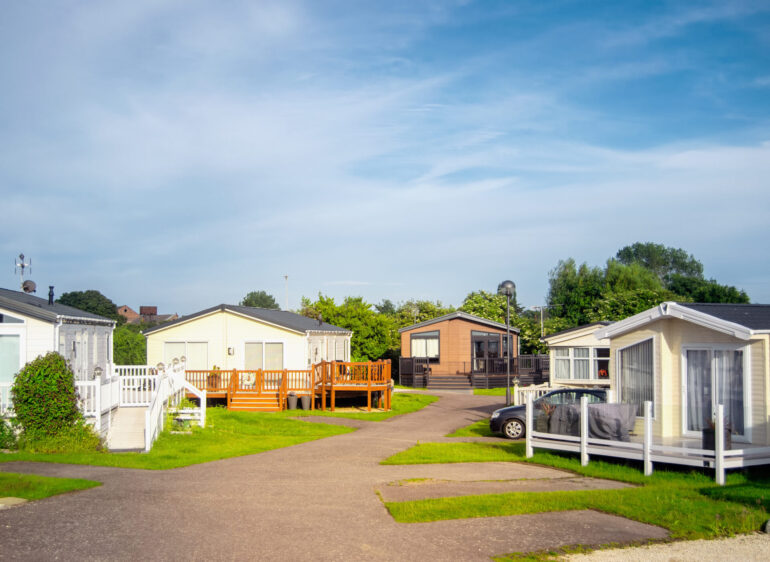Research from the Leasehold Advisory Service (LEASE) has found that park homeowners still face key issues, including pitch fees, disrepair, and utilities.
Problems with buying and selling park homes, especially sale blocking, continued to make up a significant share of enquiries.
Sale blocking was linked to intimidation and harassment, with more than one in 15 park home enquiries related to it, up from one in 20 the year before.
The report showed 80% of park homeowners were over 65 and 77% were economically inactive, making sale blocking a big concern for a vulnerable group.
Martin Boyd, chair of LEASE, said: “Although park homes offer an affordable and low-maintenance place to live with access to community and amenities, the continuation of sale blocking practices and related harassment is putting a potentially vulnerable group at risk.
“Nobody should feel unsafe in their homes, and it is troubling that some park homeowners feel they are unable to sell their properties without being subjected to threatening behaviour, risking the security of their property or facing significant financial loss.
“While legislative reform has provided consumers with greater protections and local authorities with legal powers to take enforcement action, the current process for challenging sale blocking places the onus on residents to confront the behaviour and document evidence, which is difficult and making it hard for victims to obtain redress.”
Richard Hand, senior legal manager at LEASE, said: “When it comes to challenging sale blocking behaviour, the first action park homeowners should take is to inform the site owner and seek informal mediation resolution.
“However, if site owners are uncooperative or complicit in the activity, they should raise the matter with their local authority, which has the power to prosecute this behaviour.
“If the local authority doesn’t act, park homeowners can instigate an internal complaints procedure and escalate the matter through the Local Government and Social Care Ombudsman (LGSCO).”




